My experience reporting on President Jimmy Carter’s service in Washington
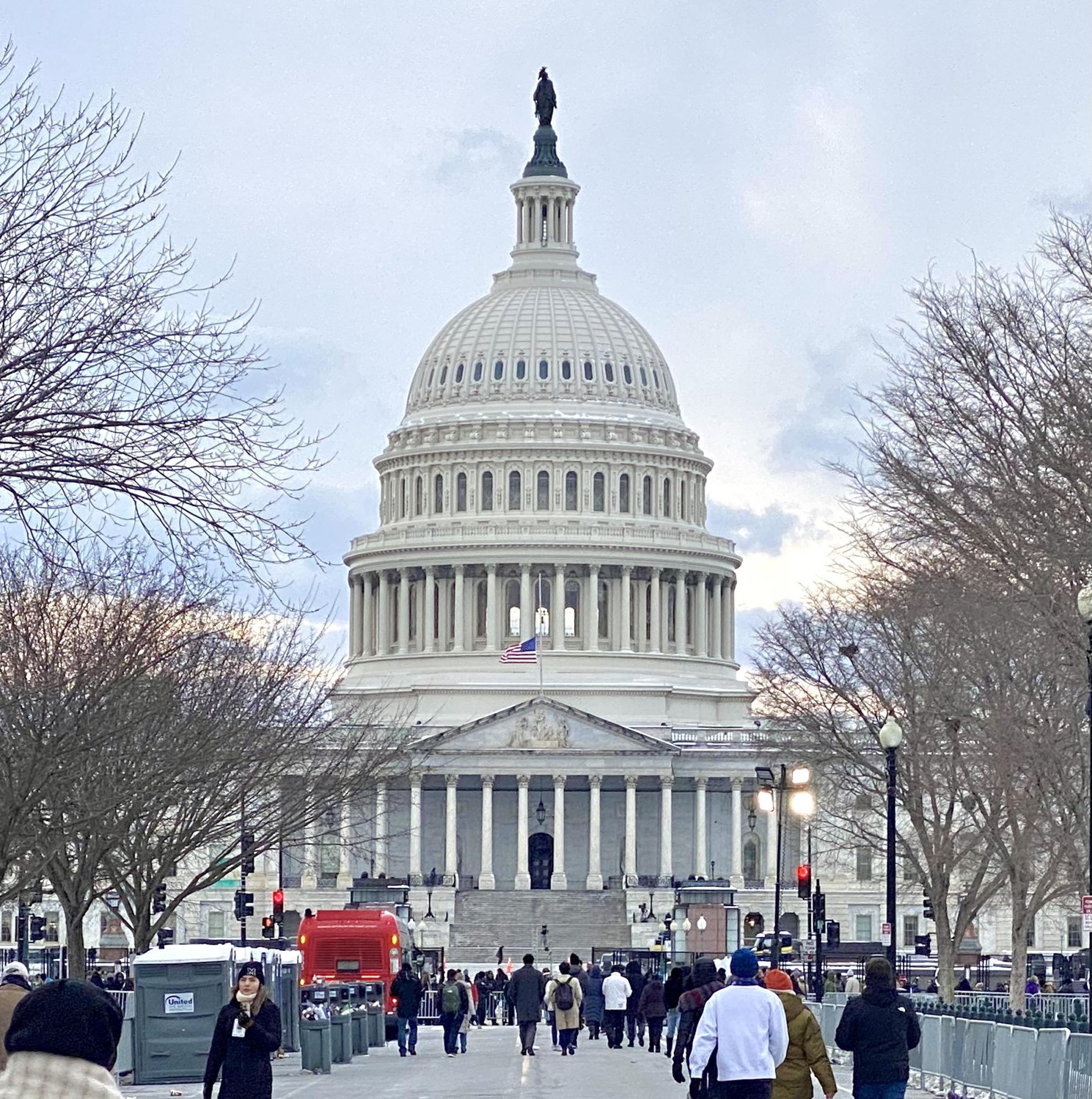
The crowds. I wasn’t expecting the crowds.
The lines snaked down the streets and wrapped around corners, in the shadow of the U.S. Capitol. For 29 hours, in nearly freezing temperatures, visiting was open at the Rotunda, where people could see former President Jimmy Carter lie in state. I was lucky enough to be one of them.
I never realized that Carter meant as much to the nation as he did to my neighborhood. On a larger scale, he was Georgia’s only president. But closer to home, the Carter Presidential Center is a big part of our intown community. Many of us drive by it daily or visit its farmer’s market on the weekends.
Twenty-three thousand people visited Carter while he lay in repose at the Carter Presidential Center. He might have been the 39th president of the United States, but around Atlanta, he felt more like a friend. It was not until I stood in line for three hours, shivering with strangers, that I began to grasp the reach of Carter’s impact fully.
Everyone I talked to standing in line, whether they were travelers from India or from just across the Potomac River, spoke admiringly of Carter’s public service after his presidency. One woman, along with her three children, explained Carter’s work with Habitat For Humanity to them while they were driving there. He built houses for low-income families until he was 95.
When the Atlanta media went to Washington to cover his funeral, I got to shadow my mom, a journalist for Fox 5, and her broadcasting team. We touched down on the afternoon of Jan. 7, about the same time Carter’s motorcade arrived from Georgia to the U.S. Navy Memorial.
The next day, while television crews were reporting live from fixed positions on a rooftop with the Rotunda behind them, I was sent out to get a feel for the mood on the streets. I trekked the same path- Pennsylvania and Constitution avenues- that the president’s caisson traveled on its journey to the Capitol. His casket would travel to Washington National Cathedral the next day, then to his hometown of Plains, Georgia for burial next to his wife Rosalynn.
I could tell when dignitaries started to show up to the Capitol. On the afternoon of Jan. 8, the Secret Service began ushering people, including myself, away from Pennsylvania Avenue as President-elect Donald Trump and Vice President Kamala Harris arrived.
After several hours of television live shots by banks of reporters from all around the world, I met my mom and her photographer by the Rotunda to watch as people paid their respects to Carter.
The next morning, my mom and her press crew stood on risers outside the Washington National Cathedral waiting for dignitaries, family and the hearse carrying Carter to arrive. The temperature was so frigid that their phones and monitors locked up, so they were unable to watch what was happening inside.
I saw mourning in real-time: flag bearers fighting with the rough wind to stay standing and prayers spoken for Carter as his casket entered the cathedral.
I witnessed a historic moment when former Vice President Mike Pence acknowledged Trump in their first public meeting since the Jan. 6 riots. In his memoir, “So Help Me God”, Pence blamed Trump for endangering his family and the lives of those at the Capitol by encouraging protesters chanting “Hang Mike Pence” to breach the Capitol’s security.
But the moment that stood out to me most over the three days happened while standing in the Rotunda with fellow mourners. In walked Vermont Senator Bernie Sanders and his wife, Sanders paused in front of the flag-draped coffin, watched by a statue of Martin Luther King Jr. with the only noise coming from the occasional clicking of the reporter’s cameras. He must have stood there for no more than a minute, but it felt like an eternity. Although he remained still, his face expressed what seemed like a combination of sorrow and respect. When Sanders ran for president in 2016, Carter broke from tradition and endorsed Sanders instead of the Democratic candidate.
Reflecting on a once-in-a-lifetime experience, it feels special knowing that the admiration I hold for President Carter, a man most known for his unwavering commitment to public service, is shared by those around the country because he is not just a hometown hero, he’s a national treasure.
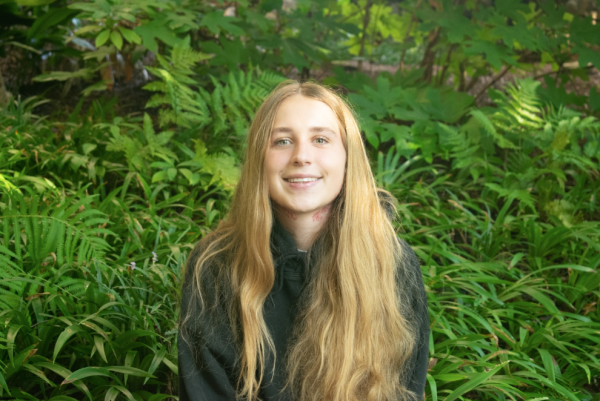



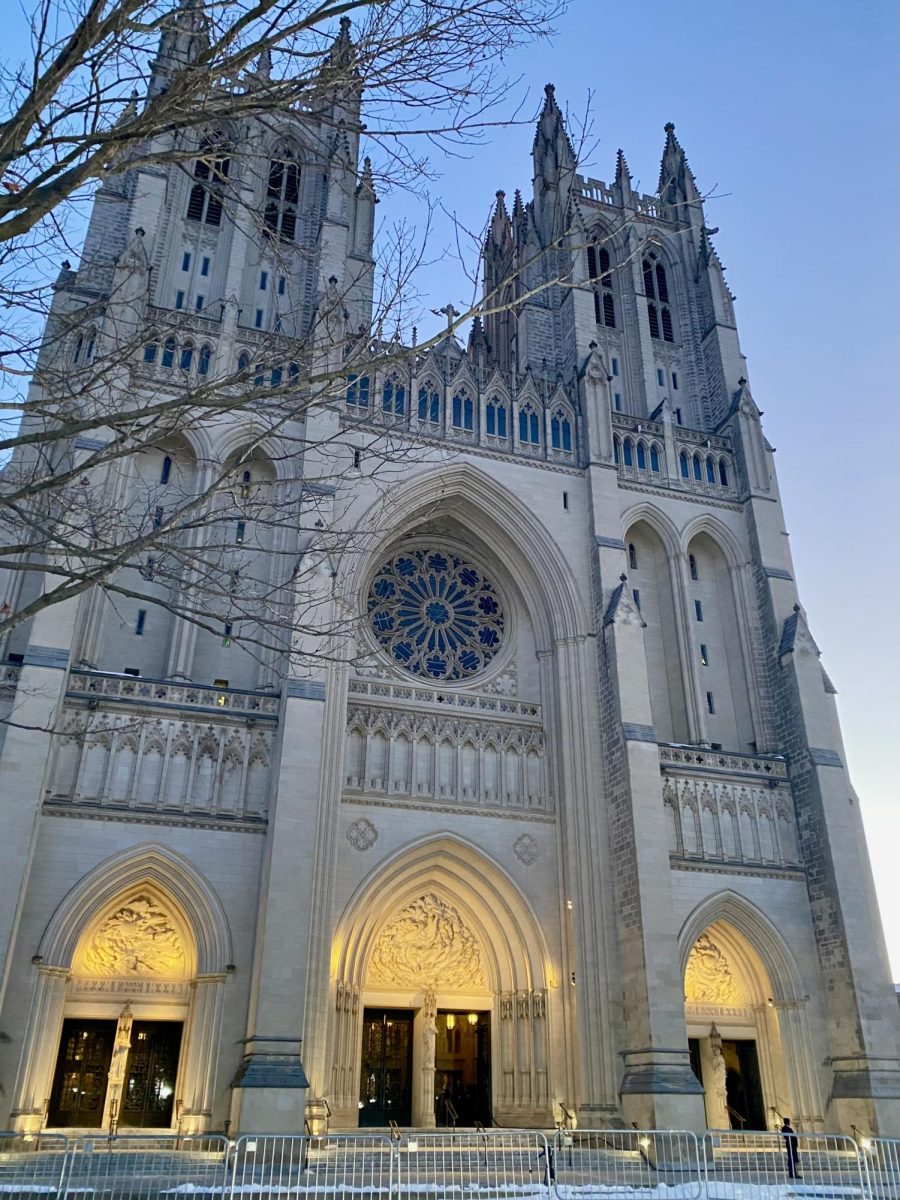
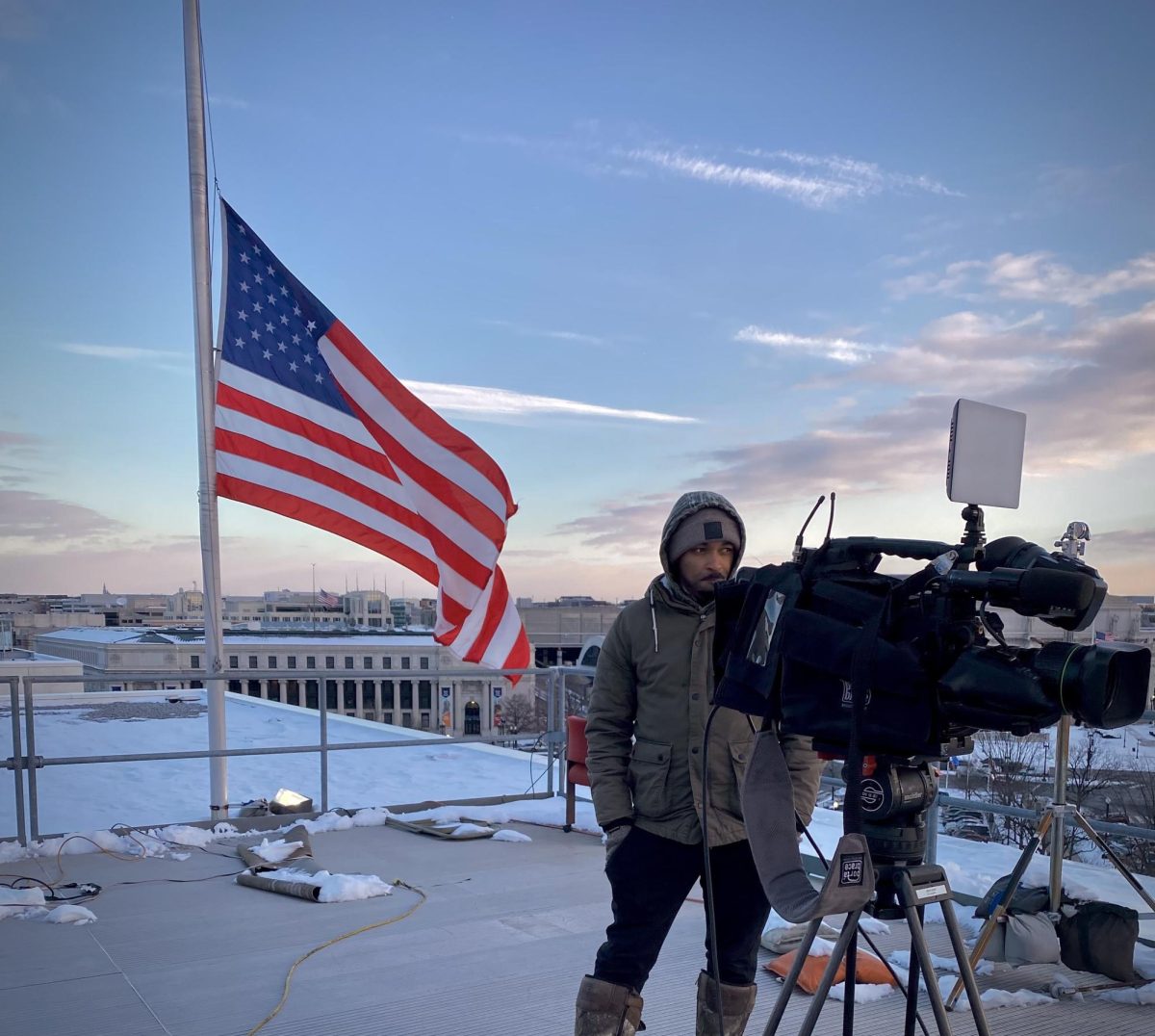







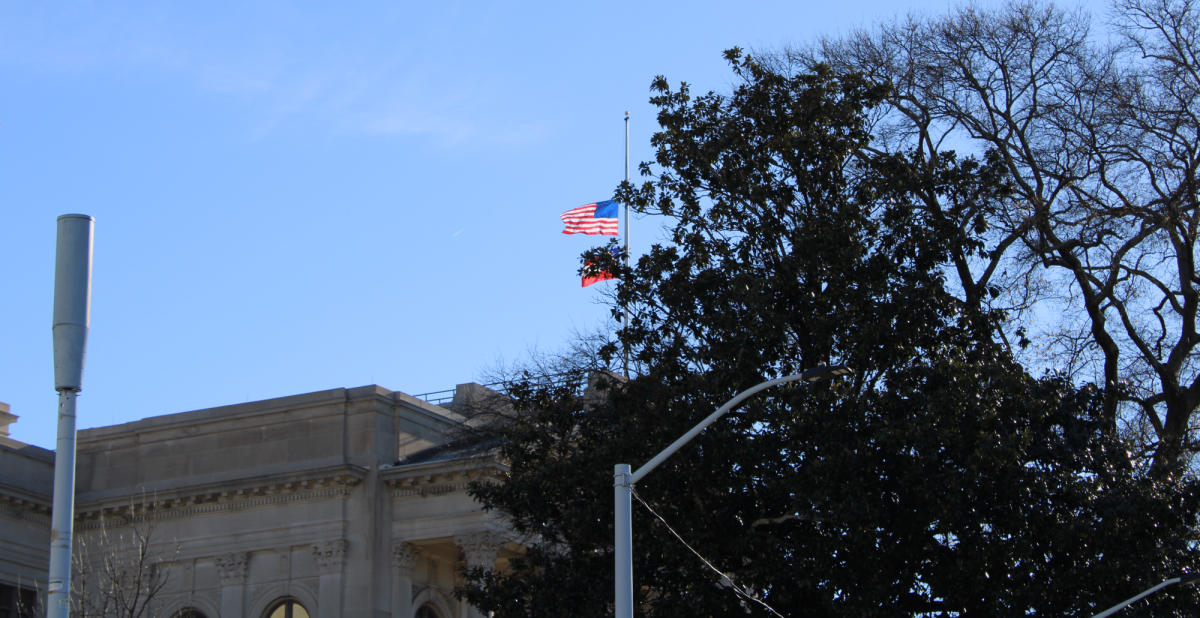
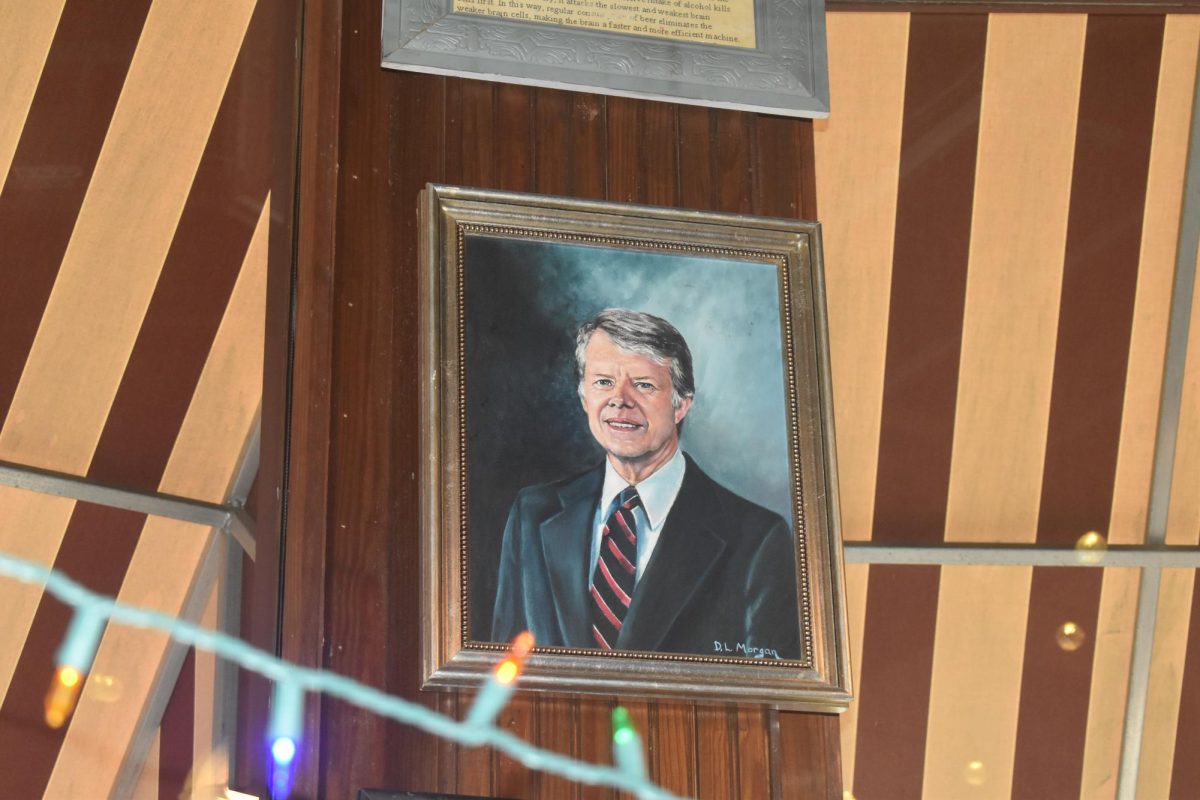
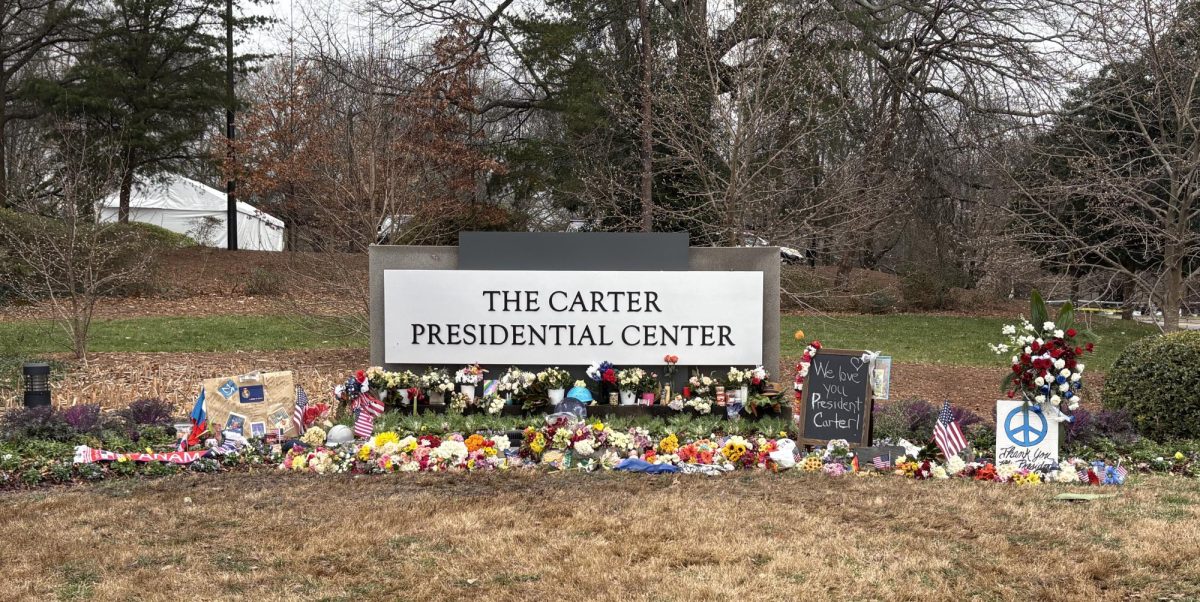
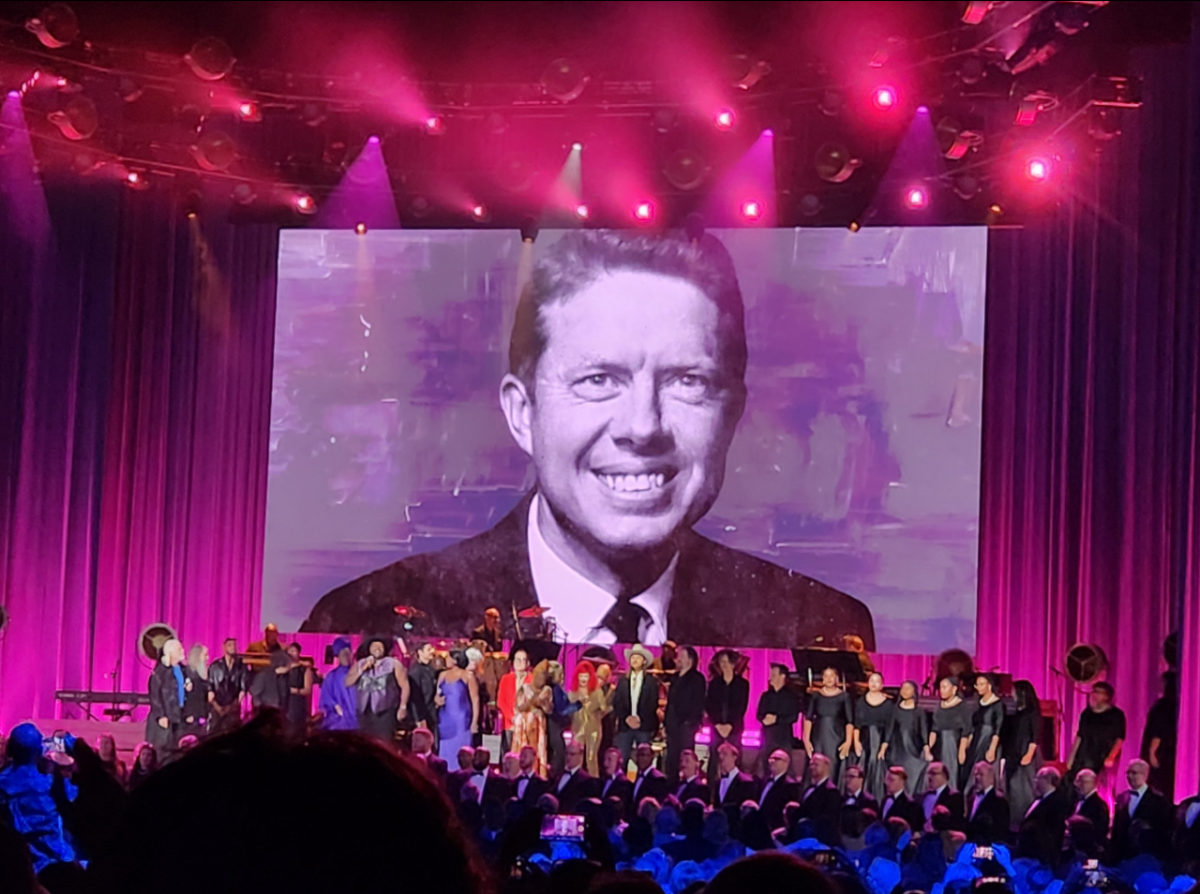
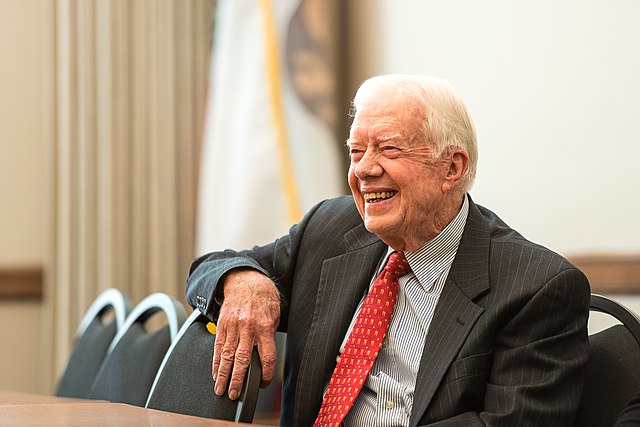





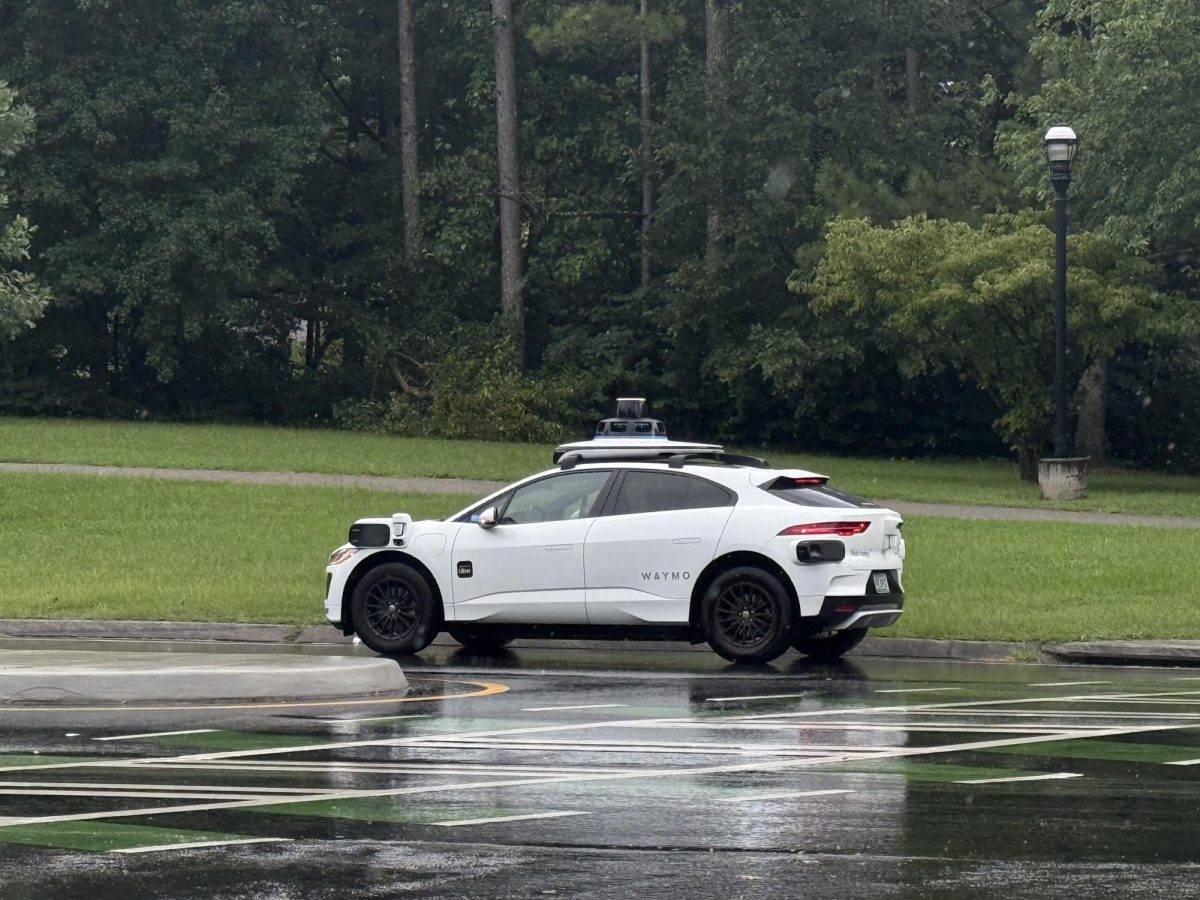
Karen Perryman • Apr 22, 2025 at 5:21 pm
Beautifully written Leo Rose. I know your parents and grandmother are so proud of you.
Meg Cocroft • Jan 24, 2025 at 4:27 pm
Beautifully written article. Thoughtfully worded and a pleasure to read. I’m glad Mom let you tag along.
Mrs. Gayla A. P. Blair • Jan 22, 2025 at 11:53 am
Well written and very thoughtful.
G. Blair
Mindy Larcom • Jan 17, 2025 at 2:42 pm
Nice work LR. You made me feel like I was there. I was shivering through every bitter-cold live shot with you. You seem to be thriving at Midtown and that makes me so happy. I look forward to reading more from you.
Maggie Whitehurst • Jan 17, 2025 at 12:28 pm
What amazing works, LR! You do your mother proud. It was a very touching piece, and you wrapped it up perfectly at the end. A nice journalistic touch. Congratulations.
Lynn Johnson • Jan 17, 2025 at 12:23 pm
The crowds. I wasn’t expecting the crowds.
That was the best way to start this piece. I teared up just reading that. I was a reporter at WSB for 31 years and was a good friend of your mother’s.
You are intelligent and soulful way beyond your years. I hope you follow in our footsteps. We need more reporters with empathy. (Jimmy Carter was my friend. He would have loved you!)